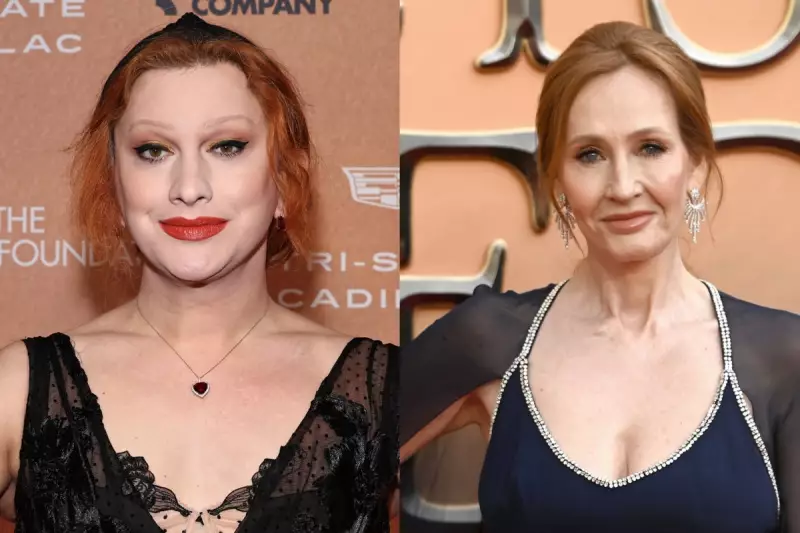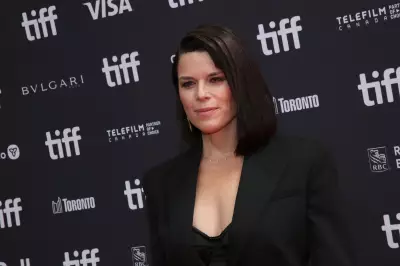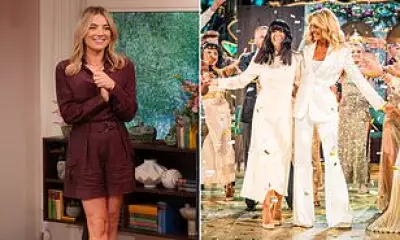
JK Rowling has once again found herself at the centre of a heated debate after publicly criticising Jinkx Monsoon's performance in the West End show 'Best Witches'. The Harry Potter author took issue with the production, which features the RuPaul's Drag Race star portraying a witch in a comedic musical parody.
Rowling's comments, shared on social media, quickly drew backlash from fans and LGBTQ+ advocates, who accused her of targeting Monsoon, a prominent trans performer. The controversy has reignited discussions about Rowling's stance on trans rights and the boundaries of artistic expression.
The Spark That Lit the Fire
Rowling's critique focused on the show's portrayal of witches, suggesting it trivialised the historical persecution of women accused of witchcraft. However, many interpreted her remarks as a veiled criticism of Monsoon's identity, given the author's previous controversial statements on gender issues.
Supporters of Monsoon were quick to defend the performer, highlighting the show's satirical nature and its celebration of queer culture. 'Best Witches', which opened to positive reviews, is described as a campy, irreverent take on witch trials through a modern LGBTQ+ lens.
A Divided Fandom
The backlash against Rowling has further fractured the Harry Potter fanbase, with some fans continuing to support the author while others distance themselves from her views. This latest incident comes amid ongoing tensions between Rowling and the trans community, including previous boycotts of her work.
Meanwhile, Jinkx Monsson has not publicly responded to the controversy, instead focusing on their acclaimed West End run. The show's producers have stood by the production, calling it a joyful celebration of resilience and identity.
Broader Cultural Implications
This clash highlights the ongoing cultural divide between traditional feminist perspectives and modern queer activism. As debates around trans rights and representation continue to evolve, public figures like Rowling find themselves under increasing scrutiny for their positions on these issues.
With no signs of the controversy abating, the incident serves as another chapter in the complex relationship between artistic freedom, identity politics, and public discourse in contemporary Britain.





